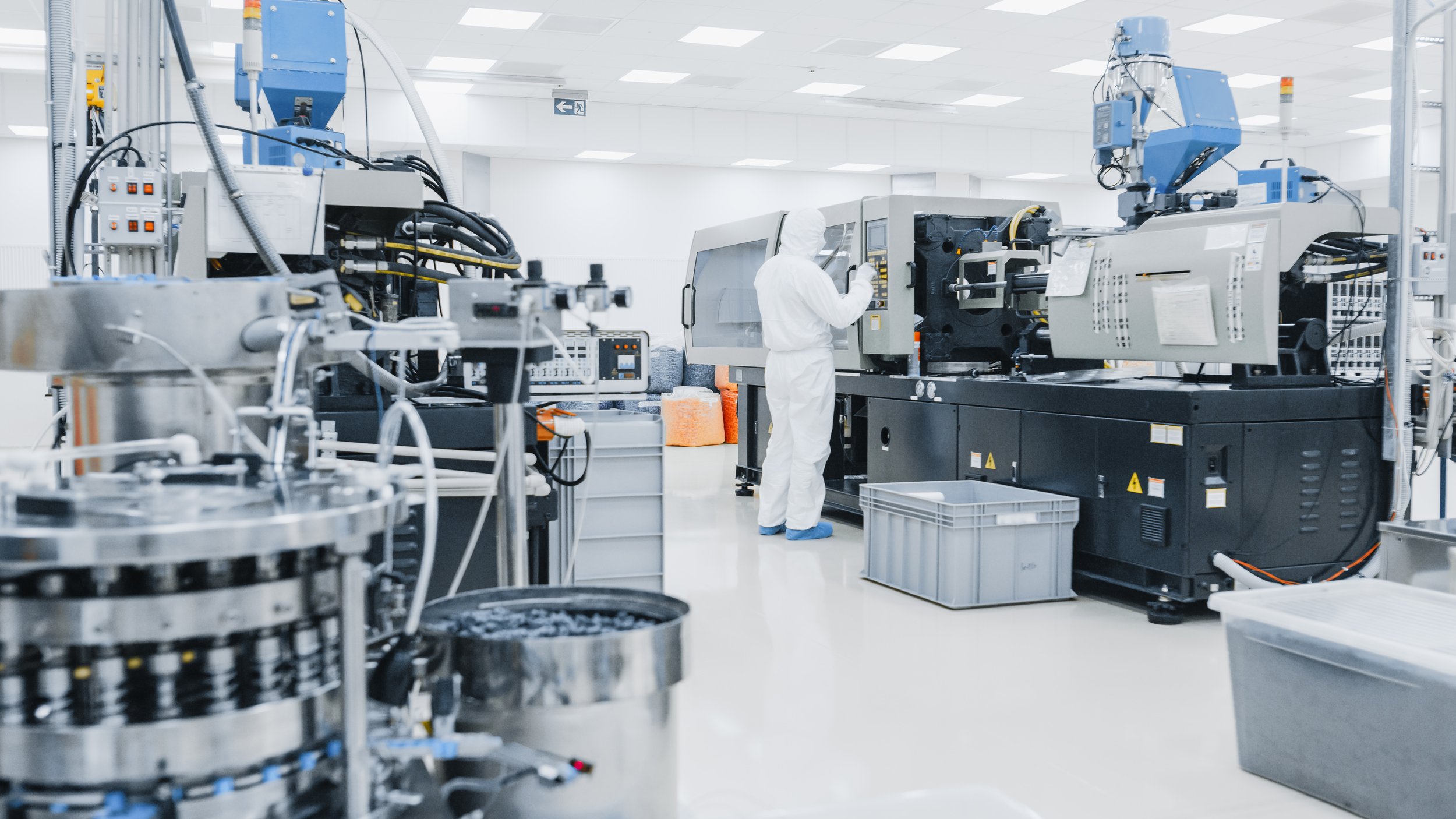Our story
Pheida builds on the tremendous recent advances in biotech with established engineering technologies, to create innovative solutions that can be deployed commercially at scale.
The rapid developments in technology including synthetic biology (e.g., sequencing, CRISPR) and process engineering (e.g., control technologies) creates an opportunity to address some of our most pressing environmental challenges.
Our history starts over two decades ago of previous development including over US$30m in investment in grants which successfully demonstrated biotechnology solutions to replace high temperature and pressure processes in selected industrial processes. Pheida now has full, unrestricted and unique access to this IP and know-how.
At the same time, we were working for the boards of major corporations, investors as well as start-ups at the vanguard of environmental sustainability and clean technology development at scale. Before it became mainstream we understood the disruptive nature of clean technologies.
Pheida is now uniquely positioned to deliver and monetise cost effective demand for a ‘Net Zero’ carbon economy as well as the management of pollution (e.g., nitrogen, heavy metals, sulphur, etc.).
We realized that while there is considerable progress in development of biotechnology, this progress is not being deployed into disruptive solutions that can deliver step changes in the process economics, as well as substantial reductions in the energy cost and carbon footprint at the site/corporate level. We understand the need for commercially driven, market-led and technology approaches.
Since 2021, we have formalised our commercial agreements with biotech partners, as well as with major engineering corporations focused on immediate applications.
BIOTECH AND “NET ZERO”
Biotech can play a major role in achieving “Net Zero” GHG emissions.
Complex enzymatic reactions at ambient temperatures and pressure can reduce GHG emissions associated with industrial processes through reductions in process energy needs and, potentially, lower direct process emissions.
Biotech can manage pollution and support the circular economy (e.g. extraction of metals from waste) and/or enhanced carbon retention (e.g., soil organic carbon).



